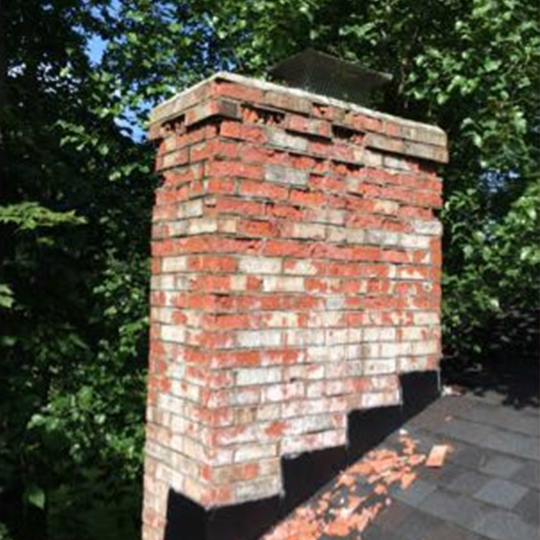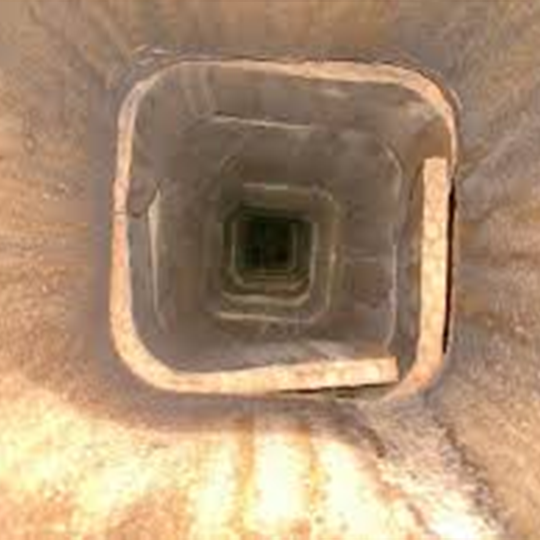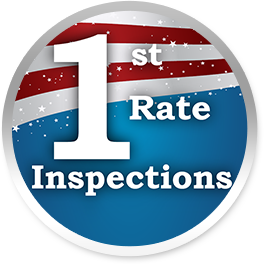Fireplace Safety for Homeowners
More than one-third of Americans use fireplaces, wood stoves, and other fuel-fired appliances as primary heat sources in their homes. Unfortunately, many people are unaware of the fire risks when heating with wood and solid fuels.
Heating fires account for 36% of residential home fires in rural areas every year. These fires are often due to creosote buildup in chimneys and stovepipes. All home heating systems require regular maintenance to function safely and efficiently.
1st Rate Inspections encourages homeowners to practice the following fire safety steps to keep those home fires safely burning. Remember, fire safety is a personal responsibility.
- Keep Fireplaces and Wood Stoves Clean
- Have your chimney or wood stove inspected and cleaned annually by a certified chimney specialist.
- Keep the area around the hearth clear of debris, decorations, and flammable materials.
- Leave glass doors open while burning a fire. Leaving the doors open ensures that the fire receives enough air to complete combustion, and it keeps creosote from building up in the chimney.
- Close glass doors when the fire is out to prevent air from the chimney opening from getting into the room. Most glass fireplace doors have a metal mesh screen, which should be closed when the glass doors are open. This mesh screen helps keep embers from getting out of the fireplace area.
- Always use a metal mesh screen with fireplaces that do not have a glass fireplace door.
- Install a stovepipe thermometer to help monitor the flue temperature.
- Keep air inlets on wood stoves open, and never restrict the air supply to a fireplace. Otherwise, creosote may build up, which could lead to a chimney fire.
- Use fire-resistant materials on the walls around a wood stove.

When or why should you get a level 2 chimney inspection?
A level 2 inspection is required when any changes have been made to the system. These changes can include a change in the fuel type (for example, you’re switching from wood burning to gas), changes to the shape or material of the flue (i.e. relining), or the replacement or addition of an appliance of a dissimilar type, input, rating, or efficiency. Additionally, a level 2 inspection is required upon the sale or transfer of a property (NFPA-211), or after an operation malfunction or external event that is likely to have caused damage to the chimney. Building fires, chimney fires, earthquakes, as well as weather events are all indicators that this level of inspection is warranted.
What’s it like?
Readily accessible means
Exposed, or capable of being exposed, for operation, inspection, maintenance, or repair, without the use of tools to open or remove doors, panels, or coverings.
Accessible means
May require the use of commonly available tools to remove doors, panels, or coverings, but will not damage the chimney or building structure or finish.
Note: If you’ve just moved into your home, or if it’s been a while since you had your chimney inspected and you just want peace of mind, Please feel free to contact our office for more information.

Call us today!
We're available for all your pool and spa inspection needs, so don't hesitate to call 832-402-8164.
Why Hire
1st Rate Inspection?
We are a premier home inspection company serving Houston for 12 years with the highest quality, We guarantee thorough, confidential, and unbiased 4.9-star rating home inspections. Our professionalism, integrity, and personal attention are what sets us apart. You can call 1st Rate Inspections with your inspection needs and expect to receive the best custom-tailored home inspection specific to your property. Along with high standard inspections, we employ state-of-the-art technology to assist our home inspectors. In addition, our professional home inspectors give you instant feedback on the outcome of each inspection and allow you to view each documentation through a detailed report after your property has been inspected.
Contact Us



